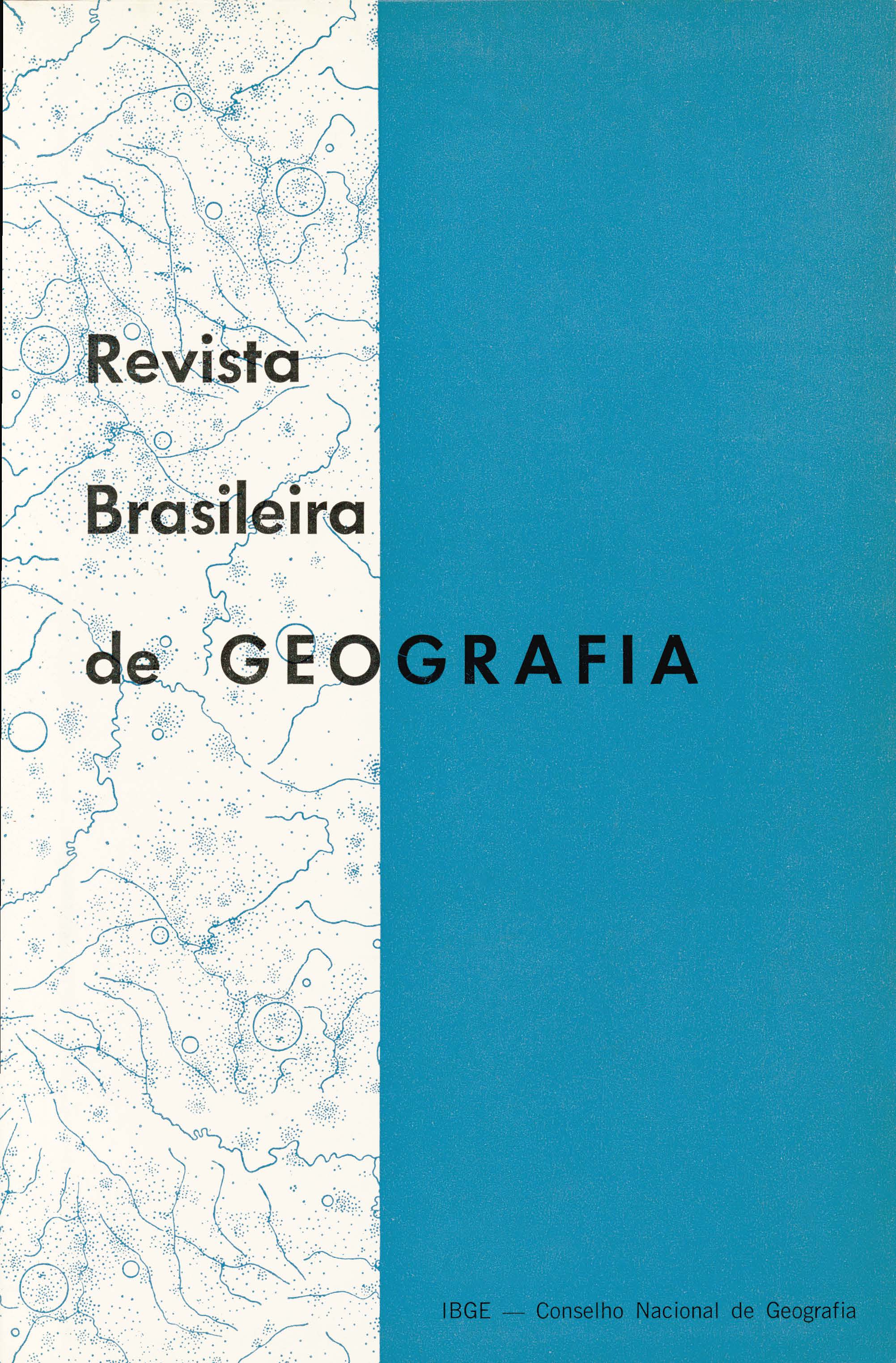Transformações técnicas e relações de trabalho na agricultura brasileira
Palavras-chave:
Geografia agrícola, Geografia econômica, Trabalho, Agricultura, Agricultural Geography, Economic Geography, Job, AgricultureResumo
Abstract:
This paper focus the problem of technical transformations and their repercussions in the relations of work in the Brazilian farming. This subject is so important, that it really constitutes one of the most relevant problems in the agrarian activities of the Country. The changes in the technical basis of the farm productlon system have directly affected the characteristics of people engaged in farming, causing a reduction In the group of rural workers employed in certain areas - where the degree of technical modernization is higher -, as well as giving rise to changes in the composition of the labor force in agriculture.
This article deals with the transformations of the people engaged in the Brazilian farming, from 1970 to 1975, In a set of micro regions stressed by the highest level of incorporation of modern techniques to the process of farm production. Following articles will present the same subject in other sets of micro regions characterized by their medium and low levels of technical modernization in their farm activity. The differentiation of areas, based on their degree of modernization, began with the selection of two indicators (absolute variation of the value of agrarian machines and tools/ha of establishment, and absolute variation of costs with modem inputs/ha of establishment from 1970 to 1975), which are very important for analyses of the relations of rural workers. These analyses assert that the current transformations in the Brazilian farming are reflected directly on the rural labor force and have their origin in the process of expansion of the capitalism in the field. In this sense, the article tries to verify the relations between the degree of modernization of the farm activity and the relations of work in the field.
So, among the transformations in the characteristics of people engaged in the farm activity - in the area of high levels regarding the incorporation of modern techniques to the farm activity -, should be noticed those which reflect the loss of importance of a segment of self- employed work power and the expansion of categories of wage and salary workers. In this way, it was the category of non-wage earned members of a family, in a greater number of micro regions, who had its participation reduced in the set of rural labor force. At the same time, it is stressed the greater participation of categories of wage and salary workers, that is, of permanent and temporary workers, which reveals a trend in the Brazilian farming - that of the dissociation of the workers from the means of productlon. Despite this predominant trend, there are some situations, regarding the composition of the rural labor force, in the period in question, which show that the expansion of the capitalism in farming - if it doesn't occur in a homogeneous way in the brazilian rural space, it does occur sometimes eliminating certain relations of work, sometimes keeping them, to the extent that one situation or the other situation meets the needs of the accumulation of capital.






